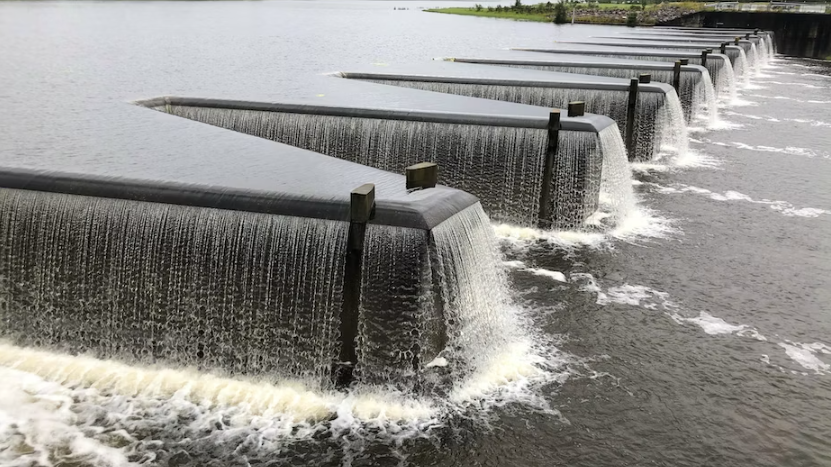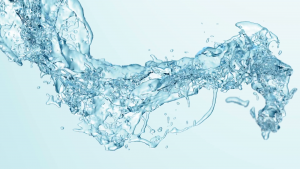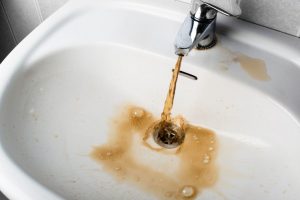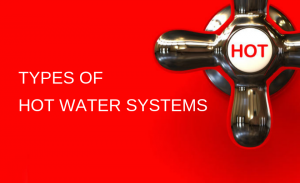Nestled along the eastern coast of Australia, Newcastle is a picturesque city known for its vibrant community and stunning beaches. However, with a growing population and increasing water demands, the Newcastle and Hunter region faces unique challenges in managing its water resources. In this article, we will delve into the top questions. Where the Newcastle water supply comes from, how it’s treated, drinking water quality and average water bills for residents.
Where Does Newcastle Get It’s Water?
Various rivers, dams and even sand beds supply clean drinking water to Newcastle and the surrounding area. Chichester Dam was the first dedicated drinking water storage system to the Hunter, and to this day is considered one of the most pristine catchments in Australia.
Newcastle, New South Wales, primarily sources its water from a combination of catchments, dams, sandbeds and water treatment plants. The Hunter region, which includes Newcastle, relies on several key water sources.
- Chichester Dam: Located on the Chichester River, about 80 km north of Newcastle, this dam supplies water to the Lower Hunter region. It has a capacity of 22,400 megalitres and contributes a significant portion of water to the area.
- Grahamstown Dam: Situated 30 km north of Newcastle, Grahamstown Dam is the largest reservoir in the Hunter region with a capacity of 131,800 megalitres. It collects water from the Williams River and contributes a substantial volume of water to Newcastle and its surrounding areas.
- Tomago Sandbeds: The Tomago Sandbeds are a series of groundwater bores that extract water from a deep underground aquifer. This water source contributes to the overall water supply for the Newcastle region, particularly during times of drought or low dam levels.
- Anna Bay Sandbeds: Similar to the Tomago Sandbeds, the Anna Bay Sandbeds are also a series of groundwater bores that extract water from an underground aquifer. They provide additional water supply to the region, particularly during periods of high demand or low surface water availability.
- Drought response desalination plant: Located at Belmont, this desalination plant can be activated during severe droughts or emergencies to supplement the water supply. The plant can produce up to 15 megalitres of drinking water per day by converting seawater into freshwater.
The water from these sources is treated at various water treatment plants before being distributed to consumers in Newcastle and the broader Hunter region. Hunter Water, a state owned corporation, is the local water authority. Hunter Water is responsible for managing these water sources and ensuring a reliable supply of high-quality drinking water to almost 600,000 people in the region.
What is the average water bill in Newcastle?
In Newcastle, residential water rates comprise two main components: Fixed charges and a variable charge based on water usage. The fixed charge, also known as the service charge, covers the costs of providing and maintaining the water infrastructure. The variable charge fluctuates depending on the volume of water used, which is measured in kilolitres (kL).
The current rates for Newcastle residential properties are as follows:
- Water service charge: $27.60 per annum
- Water Usage Charge: $2.67 per kL
Based on these rates and an average consumption of 200 kL per year, the typical annual water bill for a Newcastle household is approximately $563.60.
Note that there are additional service charges for stormwater drainage ($90.73 per annum) and sewer service charge ($737.84) if you are connected to these services.
For businesses in Newcastle, commercial water rates are structured differently. Alongside the fixed and variable charges, commercial properties may also incur trade waste charges and other fees related to specific services. The exact rates will depend on the size and nature of the business. On average, a commercial water bill in Newcastle can range from a few hundred to several thousand dollars per quarter.
Is Newcastle Tap Water Safe To Drink?
Hunter Water has 68 sampling locations across the drinking water network of treatment plants, pipes and infrastructure. The water is fluoridated for dental health and meets the requirements of the Australian Drinking Water Guidelines.
While Newcastle, NSW’s tap water is generally safe to drink, you may want to take additional steps to guarantee optimal water quality at home. This is especially true if you have old water pipes on your property that may contain lead. A local plumber in Newcastle can check you pipes and install water filters to improve water quality. Home filtration systems, such as activated carbon filters or reverse osmosis units, can help remove any residual impurities and improve the taste of your tap water. Additionally, regular maintenance and inspection of your home’s plumbing system can help identify any issues that may impact water quality, allowing you to address them promptly.
If you need any assistance with your home plumbing and water supply? Get help from the best the Newcastle and Hunter valley area including Wallsend, Cessnock, Maitland and Adamstown. It takes just 30 seconds to request a no obligation quote or call for immediate assistance.







